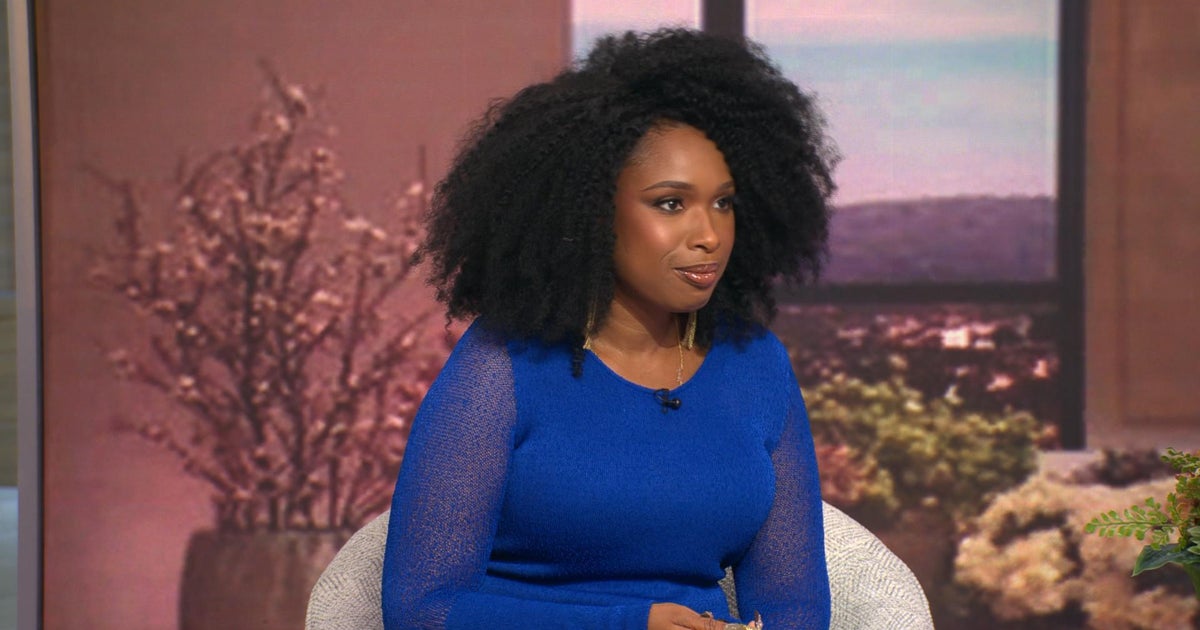After three years of pop-ups, partners in work and life, Saavni Krishnan and Adi Suresh, have found a permanent home for Saadi in the former Sunda space.
One of the most interesting movements in Australian food is the splicing of Indian cuisine with contemporary restaurant dining. When we look back on this time a decade from now, I think we’ll consider Saavni Krishnan and Adi Suresh – merge their first names and you get “Saadi” – important players in a period of change.
Others before them made it easier, cutting new spice routes through a forest of 20th-century curry houses. There’s nothing wrong with staples such as tandoori lamb cutlets and butter chicken, but subcontinental food is so much more.
Among the originators, Jessi Singh pushed exuberant Indian in mid-market restaurants such as Horn Please, upscale Atta continues in Albert Park, Helly Raichura shares culinary explorations at Enter Via Laundry, Mischa Tropp helped devise Crown’s watershed Kolkata Cricket Club, and there are fascinating, narrowcast entrepreneurs doing great dosa, excellent biryani or hybridised butter chicken burgers and the like. Suburbs including Truganina and Dandenong are tasty hubs, too.

Saadi’s point of difference is its engagement with local seasons and indie growers melded with nostalgia and a gentle campaign to reframe what “going out for Indian” means in Melbourne. And it’s doing it in the city: after three years of periodic, peripatetic pop-ups, this couple in work and life has found a permanent CBD home with Halim Group, the owners of the site.
The laneway building was mod-Asian Sunda from 2018 until this January. It’s a cool space with internal scaffolding that makes it feel industrial, and an open kitchen looking towards two rows of tables, set up like a canteen. It’s somewhat regimented, but friendly, knowledgeable staff and a small, but expressive menu shrug off the rigidity. The first floor is reserved for functions.

On Friday and Saturday, everyone takes the $85 set menu (just $45 at lunch); on Wednesday and Thursday, a la carte is possible, too. The food is storied and delicious.
Rock oysters are dressed with mignonette that includes salted coriander stalks (one example of waste-saving preserving). Idli (a steamed, fermented rice and dal cake) is topped with oh-so-sweet grilled carrot tossed with spiced lentil powder. Suresh rethinks her grandmother’s beloved winter pickle to make celeriac achar for piling on a cracker.
I love the middle course: kadhi pakora is a soupy yoghurt sauce dunked with vegetable fritter; spoon in cumin-flecked rice for tangy, homely comfort food.
Fire-cooked lamb brisket is served with bitter greens, cleverly balancing acid and punch.

Every dish starts as a conversation. The hero main course sprang from a hungry car chat: Adi craved tamarind rice and Saavni wanted fish ‘n’ chips. They came up with curry leaf-crusted, whole flathead with tamarind sauce and masala potatoes. I love these flavours, but bony fish is a hard sell: will it put people off?
Desserts are simple: a nutty fudge called barfi is sparked up with buttermilk sorbet.
I’ve eaten at Saadi’s pop-ups, most recently at Manze, where Krishnan was sous chef (and won The Age Good Food Guide’s Young Chef of the Year award for 2025; Suresh was head chef at Gemini wine bar in Coburg). Running events while on a salary is very different to throwing everything in for the long haul. I feel a slight tentativeness at Saadi: moving into an existing, rebranded space makes the restaurant feel like a next step rather than a brave new arrival. Even so, I like it a lot now and I know it’s going to get even better.
The low-down
Atmosphere: Swish city site for spice exploration
Go-to dishes: Kadhi pakora ($28); cracker with celeriac achar ($7); lamb kebab with bitter greens ($40); potato masala ($13)
Drinks: Indian flavours appear in cocktails and mocktails (think iced tea with chai spices), and there are locally produced wines with Indian backstories from Victorian gems such as Avani.
Cost: About $170 for two, excluding drinks
This review was originally published in Good Weekend magazine
Good Food reviews are booked anonymously and paid independently. A restaurant can’t pay for a review or inclusion in the Good Food Guide.
Restaurant reviews, news and the hottest openings served to your inbox.



















































